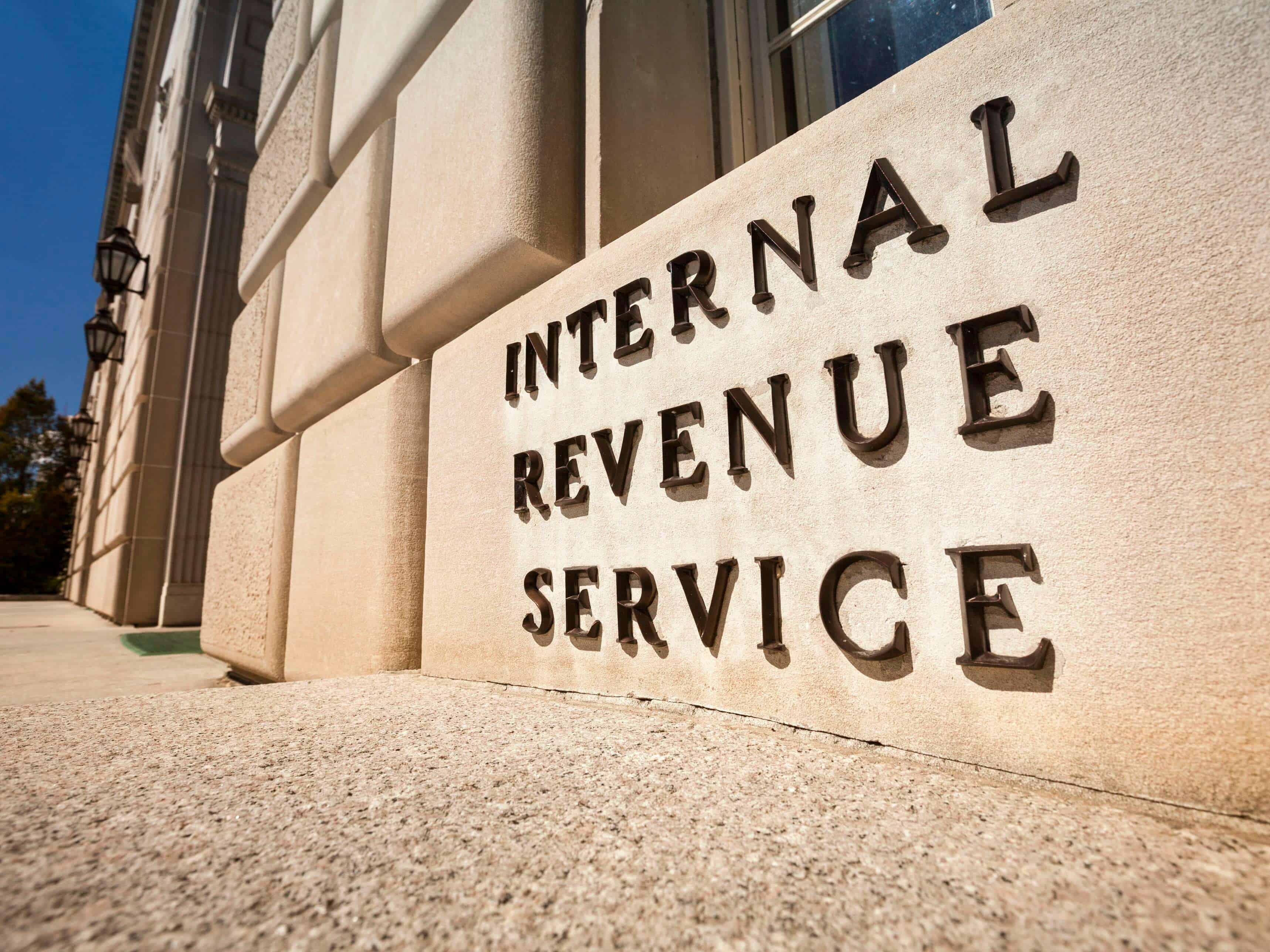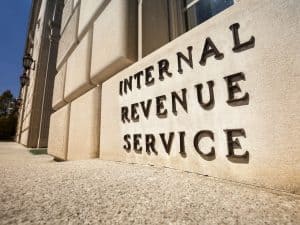Join Our Telegram channel to stay up to date on breaking news coverage
The US-based Internal Revenue Service, or IRS, has recently come under fire by the crypto community. Simply put, the IRS has officially classified cryptocurrencies as “property” within its guidance when it comes to crypto taxation.
Challenging A Complicating Definition
Companies within the US are challenging this definition because it creates further compliance and reporting burdens through increased tax accounting.
A non-profit trade association created from crypto companies, the Wall Street Blockchain Alliance, or WSBA, has written to the IRS to try and negate this. In this statement, they explained that they aren’t capable of making a perfect classification for crypto in at the time. However, they claim the current classification of property mandates additional reporting and compliance that doesn’t add value to the taxpayer or merchant accepting crypto as payment for services or goods.
Needless Admin Fees
As such, the WSBA has pushed for the IRS to consider establishing a so-called “de minimis exemption” when it comes to both merchant and individual taxation. This would allow for a minimum transaction value threshold, designed to help with tax reporting. This lowers the compliance burden and smaller crypto-owning individuals, as well as their respective accounting professionals.
Kell Canty, the CEO of the Verady crypto accounting firm, stood as one of the signatories of this letter. According to Canty, the new draft legislation, one that proposes exemptions based on the potential capital gains, might very well only complicate an already complicated issue of accounting and reporting. Canty has issued by mandating the calculation of capital gains based on every transaction.
A Few Recommendations
The letter proposes a few recommended solutions when it comes to covering the tax implications of cryptocurrencies. Key recommendations include the reviewing of Fair Market Value (FMV), the differentiation of crypto tax by individual usage, as well as the cost basis determined for cryptocurrencies altogether.
The WSBA is asking for the IRS to clarify a few matters as well. The issues are regarding reporting and disclosure of various cryptocurrencies, as well as to explain the treatment of airdrops within tax law. Airdrops are usually free distributions of crypto coins and tokens, within the network, given to wallets. Thus, a user cannot determine if they would randomly get an airdrop.
The group is further seeking guidance as to how to treat issues of stablecoins for tax purposes, or if they would instead be exempted from like-kind cryptocurrency exchanges. The argument presented is that stablecoins, since they are pegged to a “stable” asset to help combat volatility, should be taxed differently, consistent with the underlying asset basket.
Join Our Telegram channel to stay up to date on breaking news coverage



